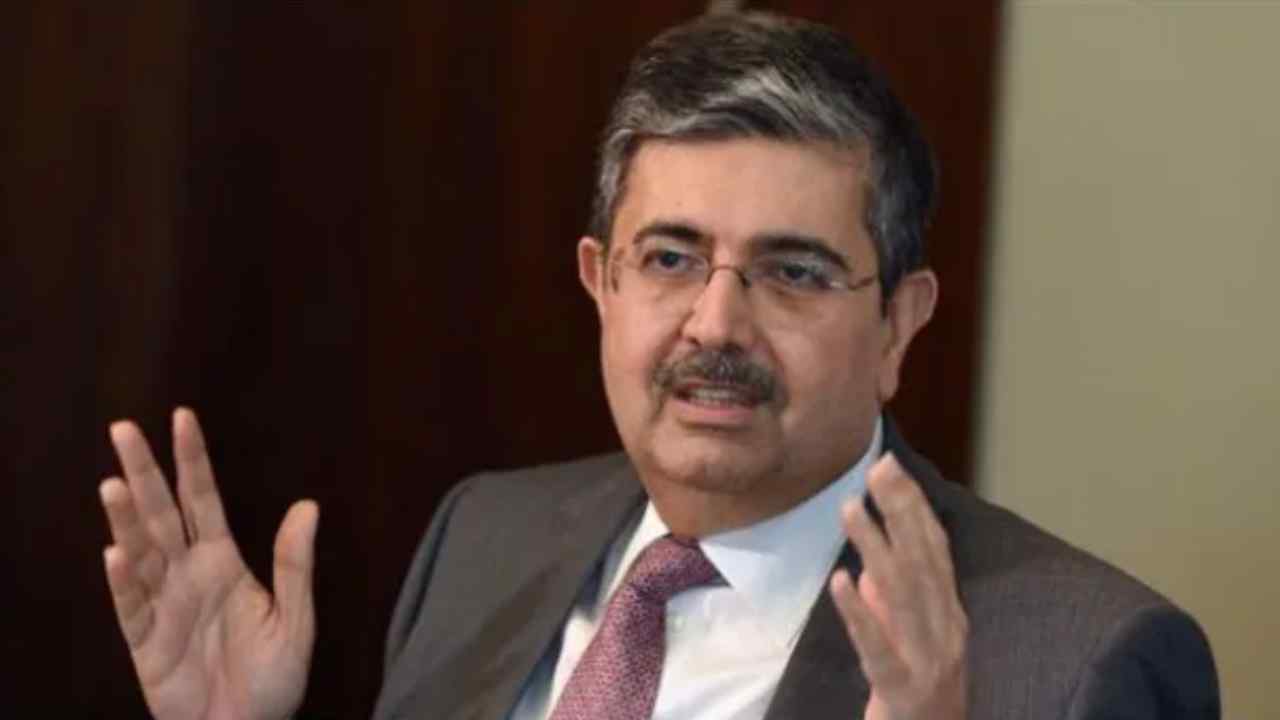Introduction
A recent HSBC study reveals a striking trend among affluent Indian parents: approximately 78% are eager to send their children abroad for higher education. However, despite this ambition, many parents are inadequately prepared financially for the substantial costs involved. This article explores the findings of the HSBC study and the implications for families considering international education for their children.
Financial Preparedness and Priorities
The HSBC report indicates that by 2025, an estimated 2 million Indian students are expected to pursue their studies overseas. The study titled ‘Quality of Life’ emphasizes that parents are increasingly prioritizing their children’s international education above their own retirement plans. Alarmingly, the report found that 64% of retirement savings for many Indian parents are being allocated towards funding the expenses of three to four-year degree programs in countries such as the USA and across Europe. This survey was conducted with 1,456 Indian parents, highlighting a significant shift in financial priorities.
Education Savings and Funding Concerns
Despite the eagerness to provide a global education for their children, only 53% of the parents surveyed have established specific savings plans to finance overseas education. Additionally, 40% of parents anticipate that their children will rely on student loans, while 51% are hopeful that their children will secure scholarships. Furthermore, the study revealed that parents are not just concerned about funding; they are also apprehensive about selecting the right courses, universities, and whether their choices will yield favorable outcomes.
Key Concerns Among Wealthy Parents
The HSBC study identified several factors that weigh heavily on the minds of affluent individuals. The top five concerns globally include:
- Rising cost of living
- High inflation rates
- Health issues
- Escalating healthcare costs
- Insufficient savings for a comfortable retirement
Among Indian respondents, key financial objectives also emerged, including:
- Supporting the family financially
- Achieving financial security
- Investing in real estate
- Saving for children’s education
- Retirement planning
Wealth and Investment Outlook
In contrast to their concerns, the survey revealed a positive outlook on financial health among many wealthy Indians. Over 60% of respondents reported an increase in their liquid or investable assets, while 36% indicated little change in their asset value. Interestingly, while the younger generation may advocate for early retirement, more than 60% of affluent Indians express an intention to continue working even after reaching retirement age. This highlights a proactive approach to securing and growing their wealth further.
Conclusion
The HSBC study sheds light on the complex financial landscape faced by affluent Indian parents who aspire to provide their children with international education opportunities. While there is a strong desire to invest in future generations, the lack of adequate financial preparation raises questions about the sustainability of these aspirations. As the costs of education abroad continue to rise, parents are encouraged to develop comprehensive financial plans that balance their children’s education needs with their own financial security for the future.











